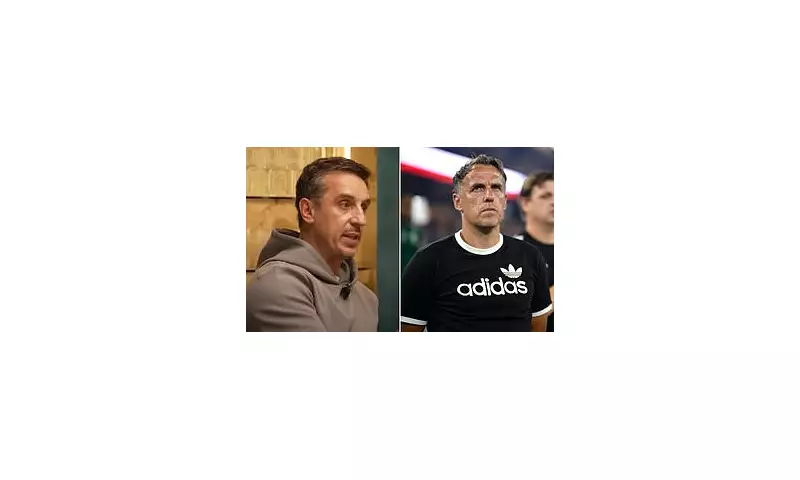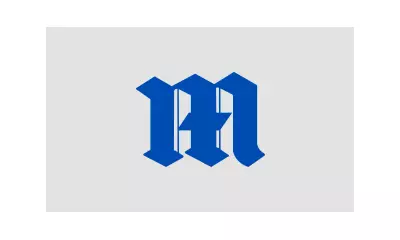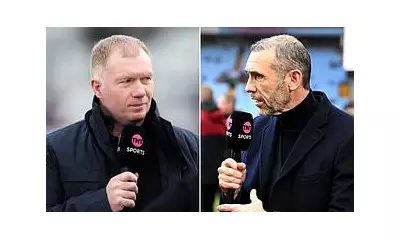
Former Manchester United and England defender Gary Neville has launched a blistering attack on the British Broadcasting Corporation, accusing the broadcaster of mishandling his brother Phil's short-lived punditry career and effectively ending it before it had a chance to flourish.
The explosive comments came during a candid discussion on The Overlap podcast, in conversation with fellow pundit Jamie Carragher. Neville did not hold back in his assessment of the BBC's role in his brother's departure from their flagship football show, Match of the Day.
A Brother's Defence
Gary Neville revealed his deep-seated frustration with the situation, stating that Phil's tenure as a pundit was "doomed from the start" due to the corporation's approach. He argued that the BBC failed to provide adequate support and instead seemed to set his brother up for failure, leading to a swift and brutal backlash from viewers and critics alike.
"He was ridiculed and vilified for his performance," Gary stated, clearly angered by the memory. He believes the experience was so negative that it permanently scarred Phil's potential as a media personality in the UK, despite his successful subsequent coaching career.
The Aftermath and a Move Abroad
The fallout from Phil's criticised punditry stint was significant. Rather than pursuing further opportunities in British media, Phil Neville moved into football management and coaching, taking roles with Inter Miami and the England Women's team, physically and professionally distancing himself from the BBC debacle.
Gary Neville's critique opens a wider window into the cut-throat world of television punditry, where former players are often thrown into the deep end with little training. His comments suggest a belief that the BBC, a public service broadcaster, has a particular responsibility to nurture talent rather than discard it at the first sign of difficulty.
This public airing of grievances marks a significant moment, highlighting the often-unseen tensions between high-profile sports broadcasters and the iconic institutions they work for.





